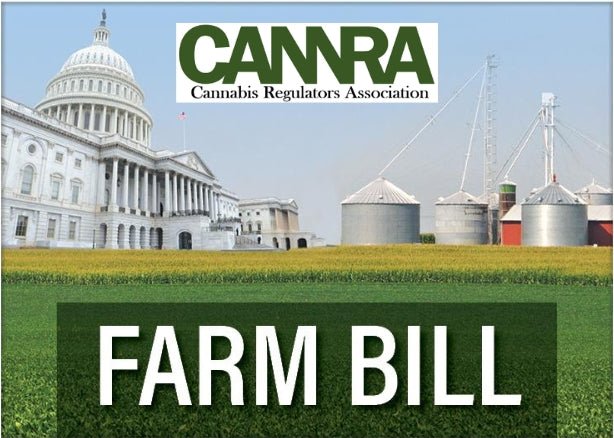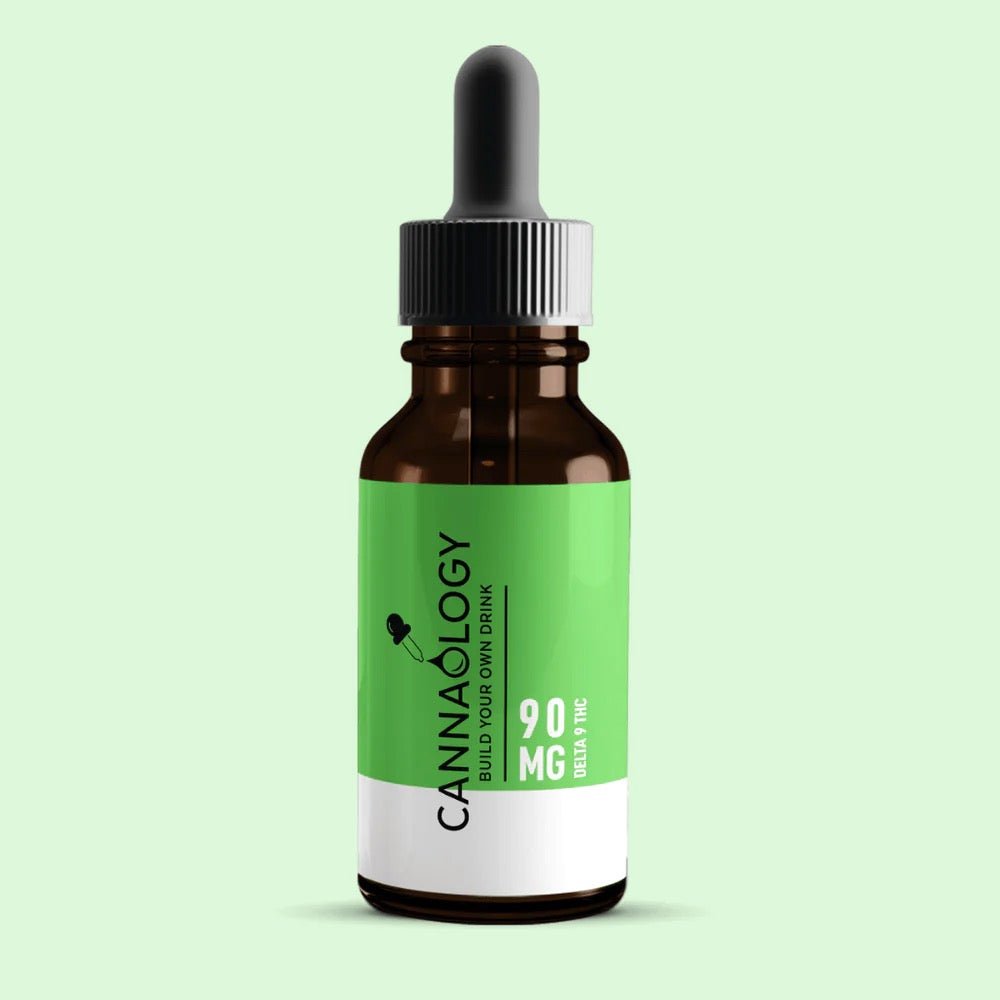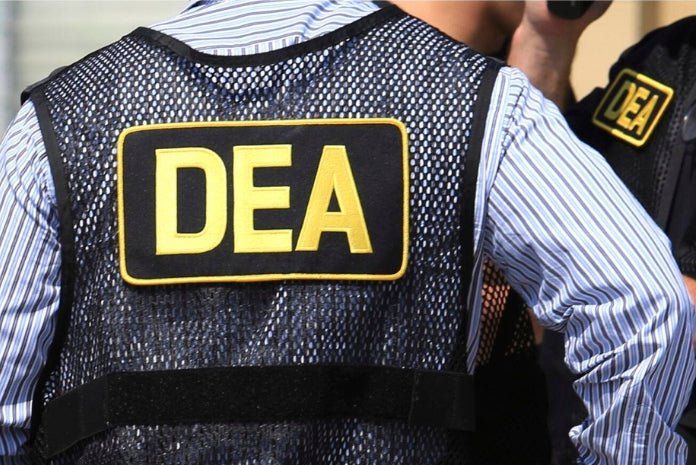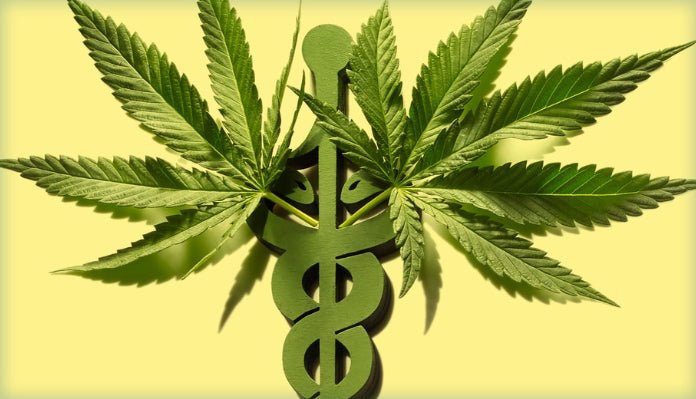The organization is asking lawmakers to modify the federal definition of the crop and update rules concerning hemp-derived cannabinoids.

It's been five years since Congress passed the 2018 Farm Bill, which, among a myriad of vital provisions, removed hemp from the Controlled Substances List and legalized plant cultivation. Likewise, the massive spending bill also made it legal to manufacture and sell a host of hemp-based products, most notably CBD.
However, the Farm Bill also provided imaginative and aggressive hemp entrepreneurs with several legal loopholes enabling them to create and market products containing hemp-derived intoxicants, including delta-8, delta-9 and delta-10 THC.
Now, a group of state cannabis regulators are calling on Congress to step in and correct the situation using the 2023 version of the Farm Bill. As first reported by Marijuana Moment, the Cannabis Regulators Association (CANNRA) sent a letter to the chairs and ranking members of the House and Senate agriculture committees last Friday asking them to include provisions in the 2023 Farm Bill that will address the current problems plaguing the market.
In that letter, CANNRA members stipulate five specific adjustments they would like to see adopted in the 2023 version of the legislation.
- Add a definition for "Hemp-Derived Cannabinoid Products;"
- Define THC in terms of both THCA and delta-9 THC;
- Clarify that the 0.3 percent THC threshold applies only to the plant and name a federal regulator to set appropriate limits for intermediate or final hemp-derived cannabinoid products;
- Name a federal regulatory agency with a timeline for implementing regulations to protect consumer safety;
- Ensure that states can go beyond federal policies (which should set minimum standards) to protect consumer safety and public health.
Under the current Farm Bill, hemp is defined as any part of the cannabis sativa plant containing less than 0.3% delta-9 THC. For CANNRA, that simple definition does not account for the plant's complex chemical nature nor chemists' ability to use synthesizing techniques to create products with powerful, intoxicating effects very similar to cannabis THC items.
Because of those unintended loopholes, the group wants first to split the definition of hemp into two categories:
- Hemp grown for Food, Fiber and Feed.
- Hemp grown for all other purposes, including cannabinoid extraction.
Secondly, state regulators would like to see the legislation language factor in THC-A. With hemp currently limited to 0.3% delta-9 THC by dry weight only, CANNRA contends that by not including THC-A in the calculation of that threshold limit, manufacturers are legally allowed to use chemical processes (heat, combustion, aerosol) to convert THC-A into the intoxicating delta-9 THC cannabinoid.
Additionally, because the 0.3% THC limit "can yield substantial amounts of THC in heavier items like chocolate bars and cookies," the group is asking for the bill to differentiate the THC thresholds in the plants themselves from those in finished products.
The group, which recently expanded its membership to include international regulators, is also asking lawmakers to "identify, authorize, and fund a federal regulator with a background in public health and consumer protection" to regulate cannabinoid products.
Concerning that regulatory request, the letter says that "within a short and specified time," the agency should:
- Provide clear definitions concerning cannabinoids.
- Set minimum requirements for processing and manufacturing, ingredients, contaminant and potency testing, packaging and labeling.
- Clarify whether "semi-synthetic cannabinoids and biosynthetic cannabinoids" are allowed under the definition of hemp.
- Launch an "education and enforcement approach to ensure compliance."
Finally, the lobbying group is asking Congress to enable states and territories to "go beyond federal policies" in establishing their own stricter regulations regarding hemp and hemp-derived cannabinoids. The document was signed by CANNRA's executive director and members who help regulate cannabis in Maryland, Colorado, Nevada, Minnesota, Oklahoma, California and Georgia.
The letter and requests come at a very tenuous time for the hemp industry and its stakeholders. A recent study by the Congressional Research Service has drawn attention to the dramatic decline in the market over the past few years.
According to the report, farmers only grew 28,314 acres of industrial hemp in 2022, a decline of nearly 50% from the previous year. As a result, "the value of hemp production in the open and under protection for the United States totaled $238 million, down 71 percent from 2021." In addition, floral hemp production dropped by 66%, grain hemp decreased by 44%, fiber hemp fell by 34%, seed hemp plummeted by 92% and hemp clones/transplants declined by 94%.
Adding more rules, regulations and laws to an already depleted and struggling sector may not be in the best interest of farmers, manufacturers, retailers and consumers. However, health officials and safety advocates contend that protecting the public from potentially dangerous products is the main priority for the government concerning hemp and its derivatives.
Lawmakers are currently debating the 2023 Farm Bill, and political insiders believe it will pass at some point during the fall legislative session. When it does, all eyes and many bank accounts will nervously anticipate any changes to hemp laws and regulations and how they will ultimately reshape the already disjointed and struggling young market.







































